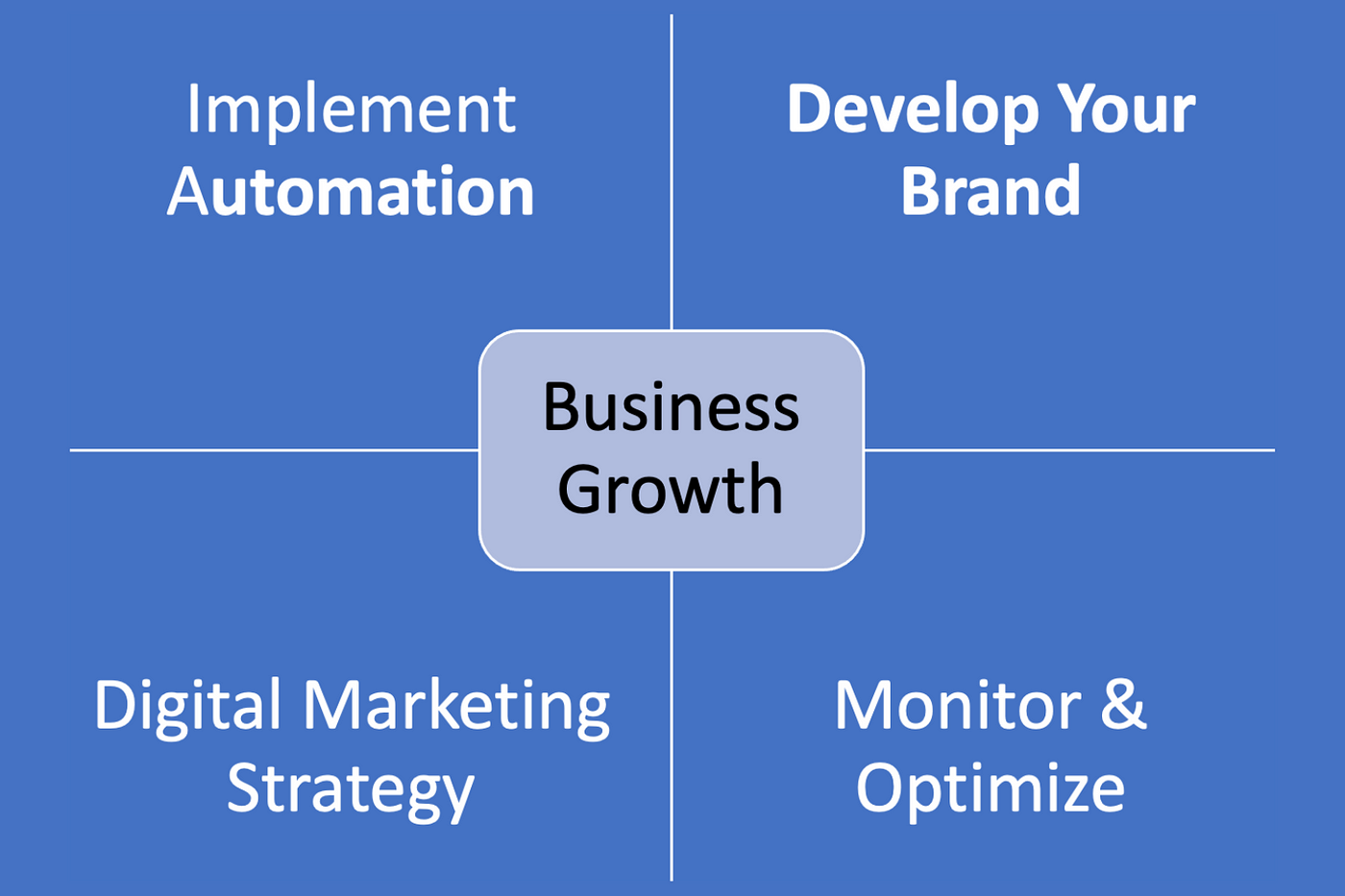The Importance of Sleep in Achieving Success

Sleep is a fundamental biological process that plays a crucial role in overall health and well-being. Despite its significance, many people overlook the importance of quality sleep, especially in the pursuit of success. In today's fast-paced world, individuals often sacrifice sleep in an effort to be more productive. However, scientific research and real-life examples indicate that adequate sleep is not just beneficial but essential for achieving long-term success.
The Connection Between Sleep and Success
1. Enhanced Cognitive Function and Productivity
Sleep is critical for cognitive function, memory consolidation, and problem-solving skills. When well-rested, the brain functions optimally, allowing individuals to think clearly, make sound decisions, and perform efficiently. Lack of sleep impairs attention, concentration, and creativity, leading to decreased productivity and increased errors.
- Memory Retention: Sleep enhances learning and memory retention by consolidating information acquired during the day.
- Focus and Attention: A well-rested mind is better at maintaining focus and avoiding distractions.
- Problem-Solving Skills: Sleep improves problem-solving abilities and enhances creativity, crucial for innovation and strategic thinking.
2. Physical and Mental Health Benefits
Success is not just about hard work; it also requires good health. Sleep is essential for maintaining both physical and mental well-being, which directly impacts an individual's ability to perform at their best.
- Immune System Strengthening: Quality sleep supports the immune system, reducing the risk of illnesses that can hinder productivity.
- Mental Health Stability: Lack of sleep is linked to increased stress, anxiety, and depression, which can negatively impact decision-making and motivation.
- Energy Levels: Proper rest ensures high energy levels throughout the day, preventing burnout and fatigue.
3. Emotional Intelligence and Leadership
Success often involves working with others, making emotional intelligence a key factor. Sleep plays a significant role in emotional regulation and interpersonal relationships.
- Better Mood and Patience: Well-rested individuals are more emotionally stable and capable of handling stress calmly.
- Improved Decision-Making: Sleep deprivation leads to impulsive decisions and poor judgment, while adequate rest supports rational thinking.
- Stronger Leadership Skills: Leaders who prioritize sleep tend to be more empathetic, composed, and effective in communication.
4. Increased Motivation and Goal Achievement
Motivation and persistence are essential for success, and sleep directly influences both.
- Boosted Willpower: A rested mind has higher self-discipline and motivation to stay committed to long-term goals.
- Enhanced Creativity and Innovation: Sleep nurtures the brain’s ability to think outside the box, leading to creative solutions and groundbreaking ideas.
- Consistency in Performance: Adequate sleep ensures a sustainable and consistent work ethic rather than cycles of burnout and exhaustion.
Practical Strategies to Improve Sleep for Success
To harness the benefits of sleep in achieving success, one must develop healthy sleep habits. Here are some practical strategies:
- Maintain a Consistent Sleep Schedule: Going to bed and waking up at the same time every day helps regulate the body's internal clock.
- Create a Relaxing Bedtime Routine: Activities like reading, meditation, or taking a warm bath signal the brain that it's time to wind down.
- Limit Screen Time Before Bed: Blue light from electronic devices can interfere with melatonin production, making it harder to fall asleep.
- Optimize Your Sleep Environment: A comfortable mattress, dark room, and cool temperature enhance sleep quality.
- Avoid Caffeine and Heavy Meals Late at Night: Stimulants and large meals can disrupt sleep patterns.
- Exercise Regularly: Physical activity promotes better sleep but should be avoided too close to bedtime.
- Manage Stress Effectively: Practices such as mindfulness and deep breathing exercises reduce stress and promote restful sleep.
Conclusion
Sleep is not a luxury but a necessity for achieving success. It enhances cognitive function, strengthens physical and mental health, improves emotional intelligence, and boosts motivation. Sacrificing sleep for productivity is counterproductive in the long run. By prioritizing quality rest, individuals can maximize their potential, maintain a healthy work-life balance, and set themselves up for sustained success.
In the pursuit of excellence, embracing the power of sleep is one of the smartest decisions anyone can make.






